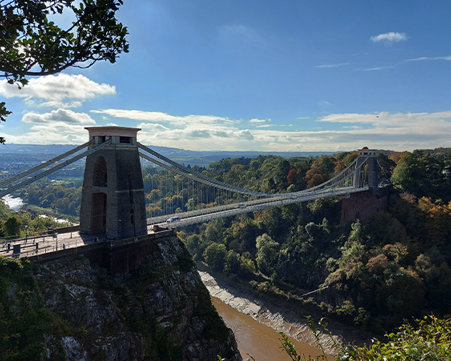
Last week Chancellor Rachel Reeves delivered her first autumn budget which received mixed reviews from the UK business community.
Described by the British Chambers of Commerce as “a tough budget for business to swallow”, many businesses were disheartened to learn of an increase to employer National Insurance Contributions (NICs) from 13.8% to 15%. The threshold where employers are liable for NICs on each employee’s salary is reduced from £9,100 to £5,000 a year. Shevaun Haviland, Director General said that these decisions, together with the 7% increase to the National Living Wage paid to workers aged 21 and over, means that “many firms will find it more challenging to invest and recruit in the short-term.” For employees aged 21 and over, the National Living Wage will increase to £12.21 per hour and for the National Minimum Wage paid to those aged 18-20, will increase to £10 per hour.
Haviland welcomed other measures announced by the Chancellor including infrastructure spending, business rates relief and additional support for small businesses. There were a number of infrastructure-related announcements which include changes to capital investment rules, funding to complete the HS2 link between Old Oak Common and Euston and additional resources for road repairs. These changes amount to an investment of over £35 billion in economic infrastructure in 2025-2026. It is crucial that this funding is allocated effectively, supporting projects that will stimulate growth, reduce carbon emissions, and enhance economic resilience. The upcoming ten-year National Infrastructure Strategy, along with the creation of the National Infrastructure and Service Transformation Authority, will provide essential tools for the government to achieve these goals.
The connection between Old Oak Common and Euston is vital for the success of HS2, so funding for the tunnel link was widely well received as it should help maximise the economic benefits from the investment already made in the project. However, the issue of improving connectivity and capacity beyond Birmingham remains unresolved, and the National Infrastructure Strategy should outline how the government intends to tackle this long-term challenge.
With a significant increase in public spending planned by the Chancellor financed by a combination of tax rises and higher borrowing, some commentators noted that better funded public services will support the economy’s potential for future growth. However, they also anticipated a squeeze to household income growth and lack of medium-term improvement to GDP from the measures announced.
Share this article

As 2024 comes to a close, we at Hi West would like to take a moment to express our heartfelt gratitude to everyone who has been part of our journey this year.

Last weekend saw Darragh, the fourth named storm of the 2024-25 season, unleash high winds and heavy rainfall across the British Isles, once again straining the UK’s flood defences and transport infrastructure to their limits.

According to figures released recently, the nuclear sector in Bristol has reached a new milestone, now supporting 3,500 jobs as the city strengthens its role as a center for engineering, manufacturing, and research.